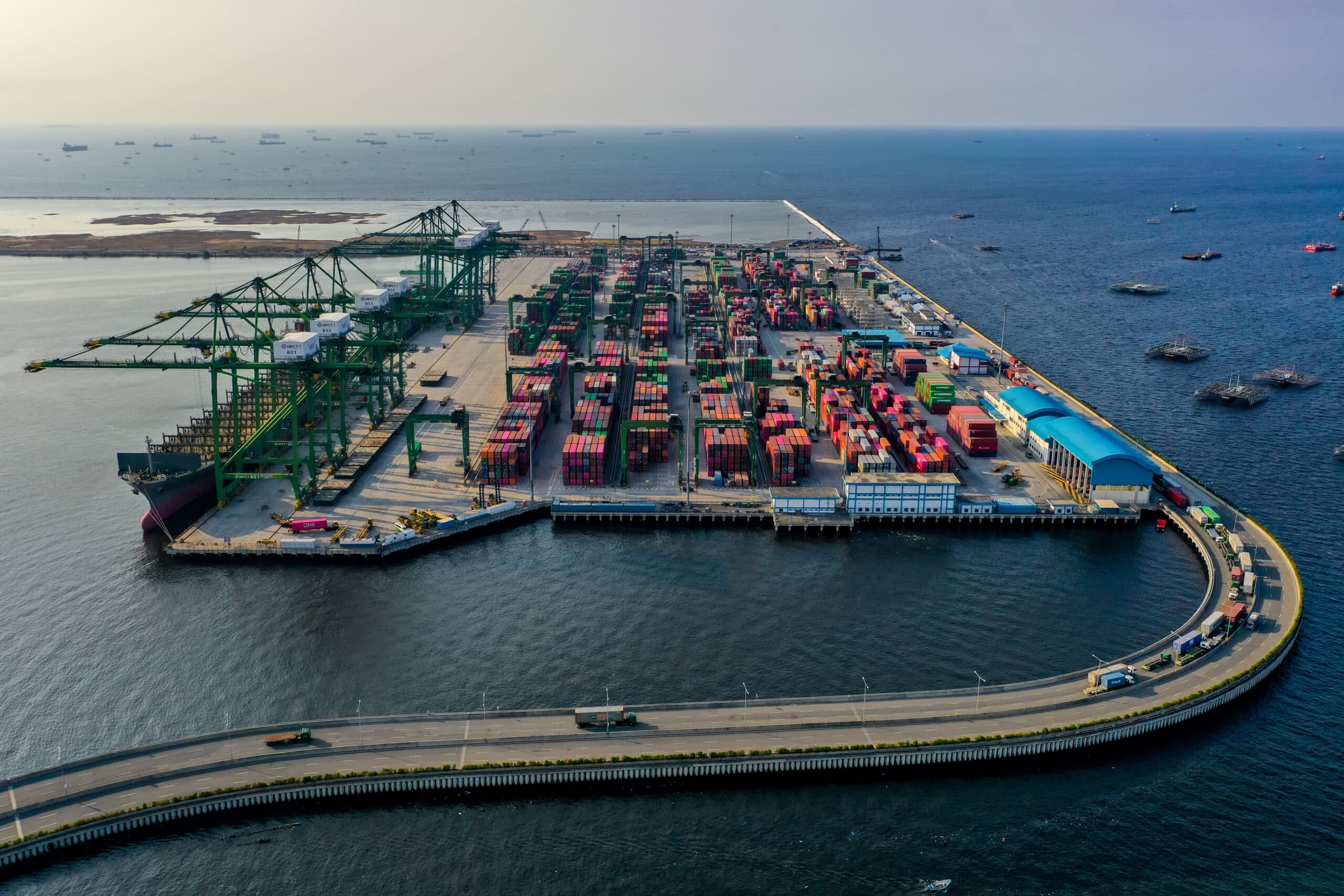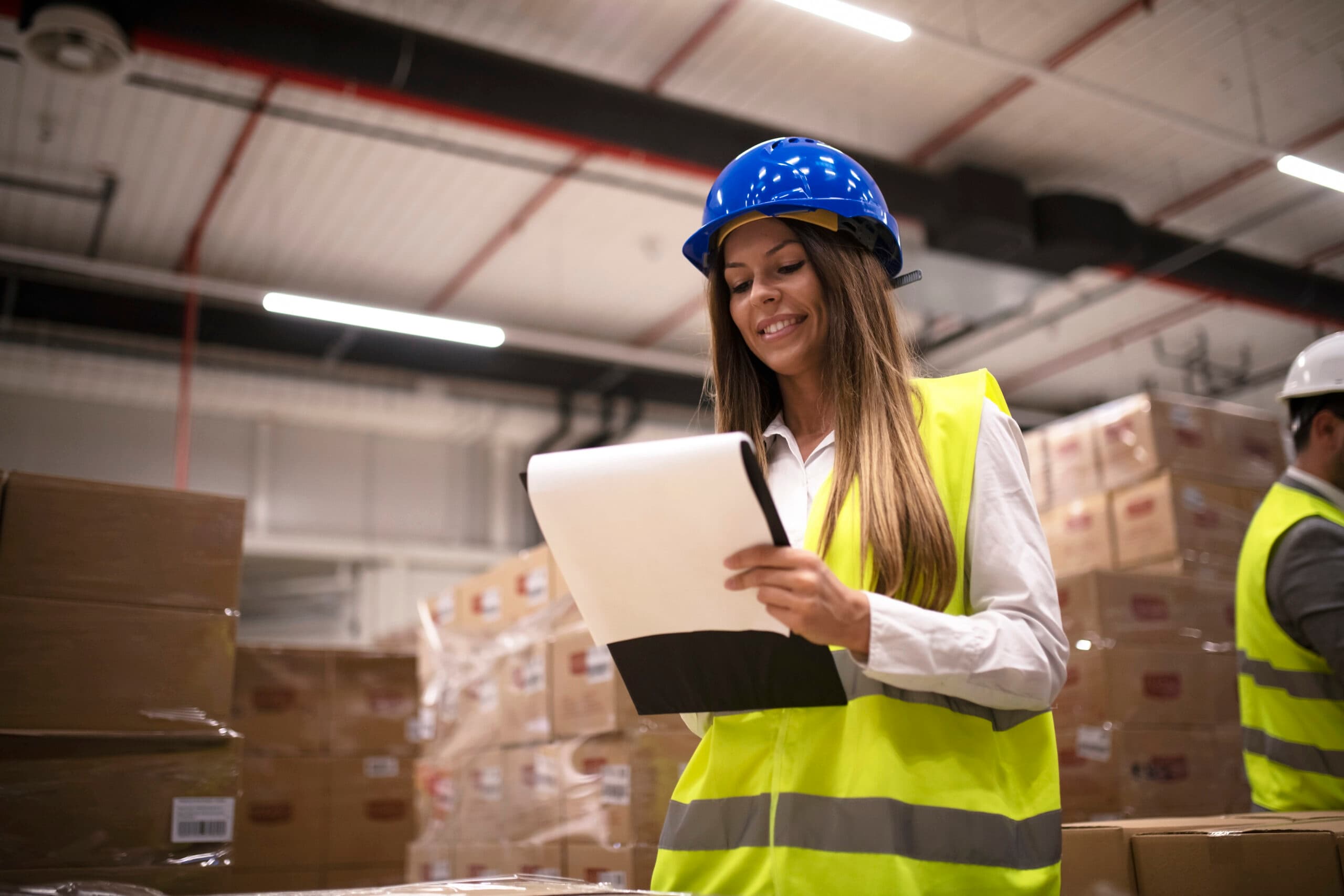Is Customs Clearance Slowing Down UK Trade? A Look at Felixstowe Operations

As the UK’s largest container port, Felixstowe plays a crucial role in the nation’s international trade. Handling over 40% of the country’s container traffic, the port is a vital gateway for imports and exports across Europe and beyond. Yet, for many importers and exporters, one question continues to surface: Is customs clearance slowing down UK trade?
In this blog, we take a closer look at customs clearance in Felixstowe, the factors that impact processing times, and how businesses can navigate these challenges to keep their supply chains moving efficiently.
The Role of Customs Clearance in UK Trade
Customs clearance is an essential part of the import and export process. It ensures that all goods entering or leaving the UK comply with relevant regulations, are correctly classified, and have the appropriate duties and taxes paid. Without effective customs management, trade would grind to a halt.
At Felixstowe, customs clearance involves multiple steps — from documentation verification to physical inspections, duty calculations, and approvals from various government agencies. Each stage requires precision, and even small mistakes can lead to delays, fines, or shipment holds.
Since Brexit, customs procedures have become more complex. The UK’s departure from the EU introduced new rules, additional paperwork, and increased scrutiny on goods moving between the UK and Europe. As a result, customs clearance has become a critical point of pressure for logistics operations across the country — particularly at busy ports like Felixstowe.
Is Customs Clearance Slowing Down Trade?
While customs clearance itself isn’t inherently slow, the volume of goods and the accuracy of documentation significantly affect processing times. The main causes of delays at Felixstowe typically include:
- Incomplete or Incorrect Documentation
Missing commercial invoices, inaccurate commodity codes, or incorrect valuations are among the most common reasons for customs delays. A single incorrect detail can cause a shipment to be flagged for review, creating a ripple effect across the supply chain. - Increased Port Congestion
Felixstowe’s high traffic means even minor disruptions — such as bad weather, IT system outages, or staff shortages — can result in backlogs. When vessels are delayed, customs officers face higher workloads, further slowing down processing. - Post-Brexit Regulatory Changes
Many businesses are still adapting to the UK’s new import controls and documentation requirements. The introduction of systems like the UK’s Customs Declaration Service (CDS) and safety/security declarations has improved compliance but added complexity. - Random Inspections and Risk Assessments
The UK Border Force and HMRC conduct periodic physical inspections to ensure compliance with trade and security regulations. While necessary, these checks can extend clearance times, especially if shipments are not well-prepared.
Despite these challenges, customs clearance does not need to be a bottleneck. Businesses that invest in digital systems, accurate documentation, and professional support often experience minimal delays and more predictable supply chains.
The Importance of Efficiency at Felixstowe
Felixstowe has implemented several technological advancements to streamline customs operations. The port’s integration with the UK’s digital customs systems allows for pre-arrival declarations and faster data exchange between shipping lines, freight forwarders, and customs authorities.
Additionally, initiatives such as electronic data interchange (EDI) and real-time tracking have improved transparency. These tools help logistics professionals monitor shipments, anticipate potential issues, and act before they become costly delays.
However, technology alone cannot solve every problem. The human element — knowledge, experience, and attention to detail — remains vital in navigating customs successfully.
How Businesses Can Reduce Customs Delays
To ensure smoother customs clearance at Felixstowe, companies can take several proactive steps:
- Ensure Accurate Documentation:
Verify that all paperwork — including commercial invoices, packing lists, and certificates of origin — is complete and accurate before goods depart. - Use the Correct Commodity Codes:
Misclassification of goods is a leading cause of delays. Proper tariff classification ensures the correct duty rates and compliance with trade regulations. - Pre-Lodge Declarations:
Submitting customs declarations before shipment arrival helps customs officers process entries faster. - Work with Experienced Customs Brokers:
Partnering with a professional customs broker, such as Global Customs, ensures compliance, reduces errors, and accelerates clearance times. - Stay Updated on Regulatory Changes:
The UK’s trade and customs landscape continues to evolve. Staying informed helps businesses adapt quickly to new requirements and avoid unexpected issues.
The Future of Customs Clearance in Felixstowe
The UK government is investing in digital trade systems aimed at simplifying customs procedures. The ongoing rollout of the Single Trade Window, for instance, will allow traders to submit all import and export data through one unified platform. This development promises to enhance efficiency and reduce duplication across various government departments.
At Felixstowe, continuous collaboration between port authorities, logistics companies, and customs agencies is expected to further improve turnaround times. With automation and data-driven processes becoming standard, the future of customs clearance looks more streamlined than ever.
While customs clearance can pose challenges, it does not have to slow down UK trade. Most delays at Felixstowe arise not from the customs process itself but from documentation errors, congestion, and evolving regulations.
By embracing digital solutions, maintaining accurate records, and working with experienced professionals like Global Custom Clearance Ltd, businesses can overcome these challenges and ensure that their goods move through the UK’s busiest port with minimal disruption.
Felixstowe remains at the heart of British trade — and with continued innovation and expertise, customs clearance will become not a barrier, but a bridge to smoother, faster global commerce.






.png&w=256&q=75)
